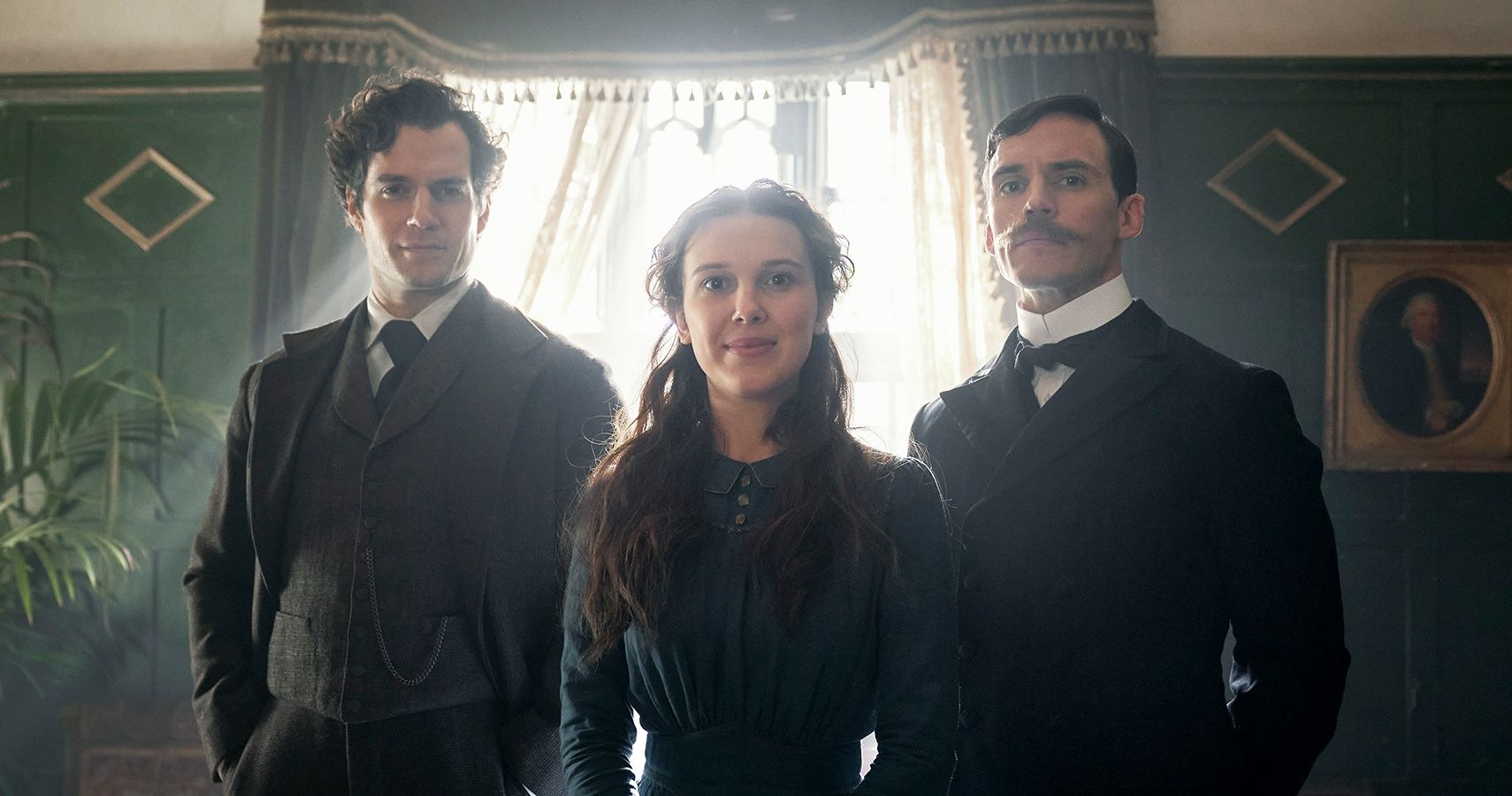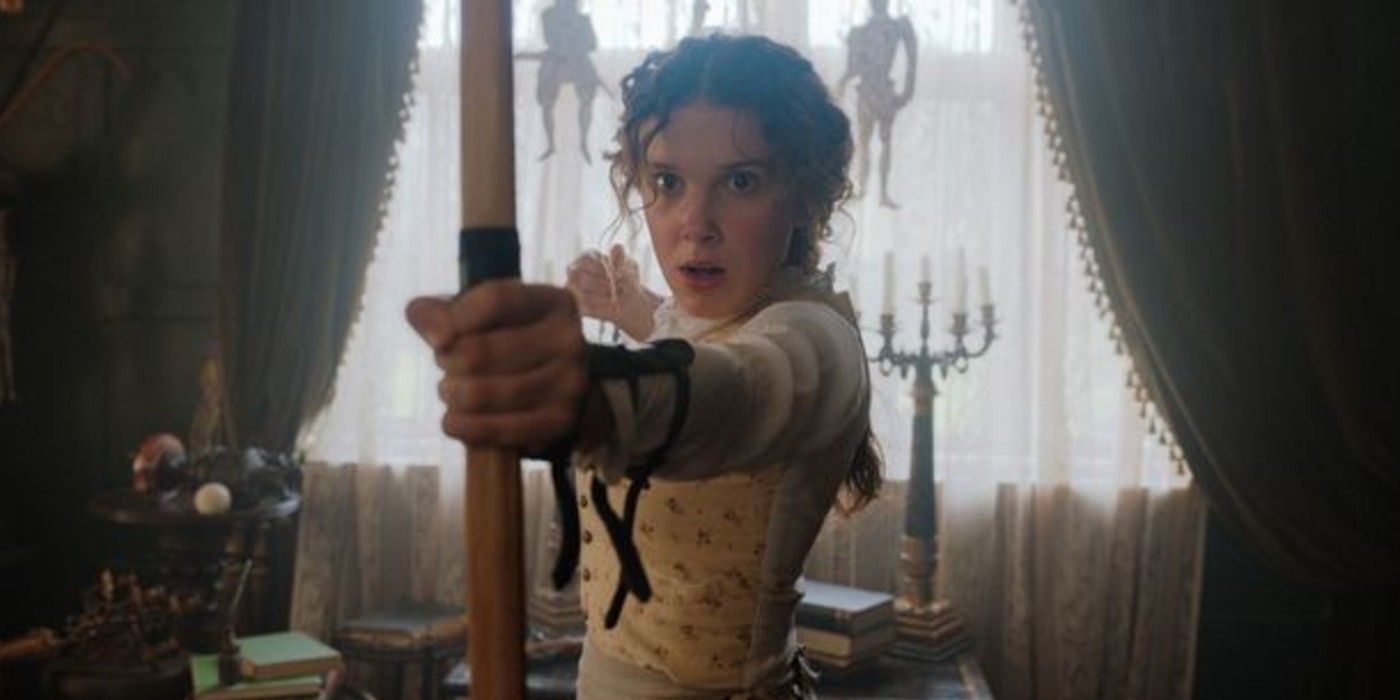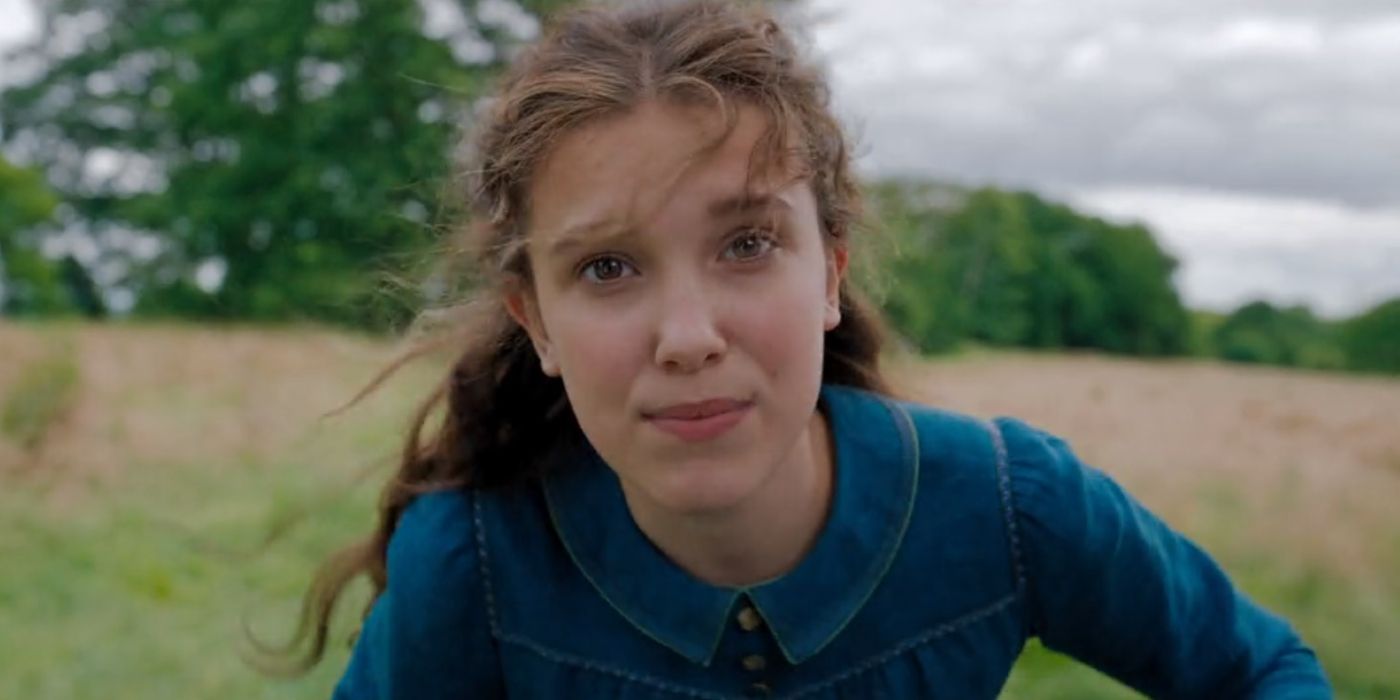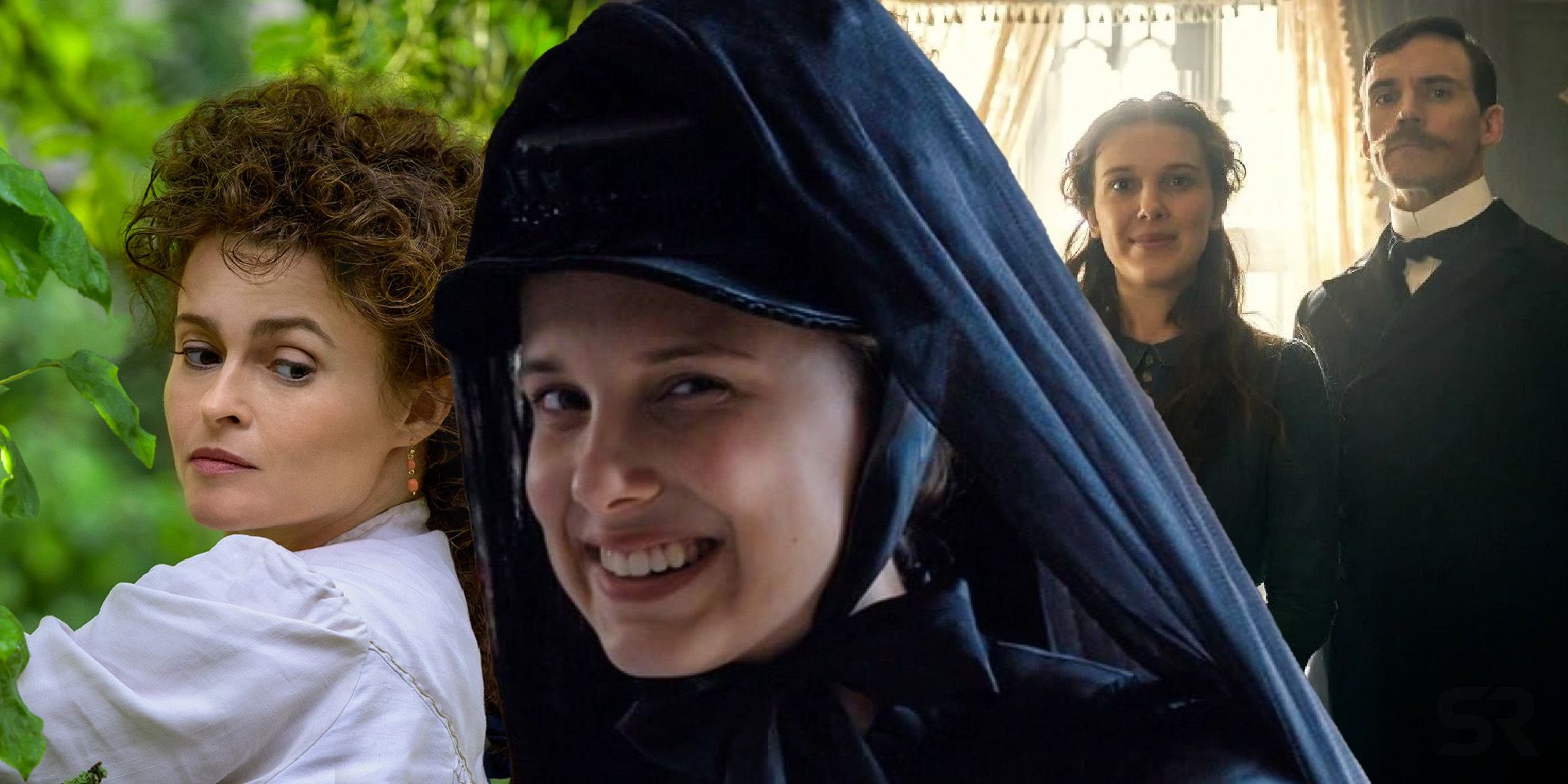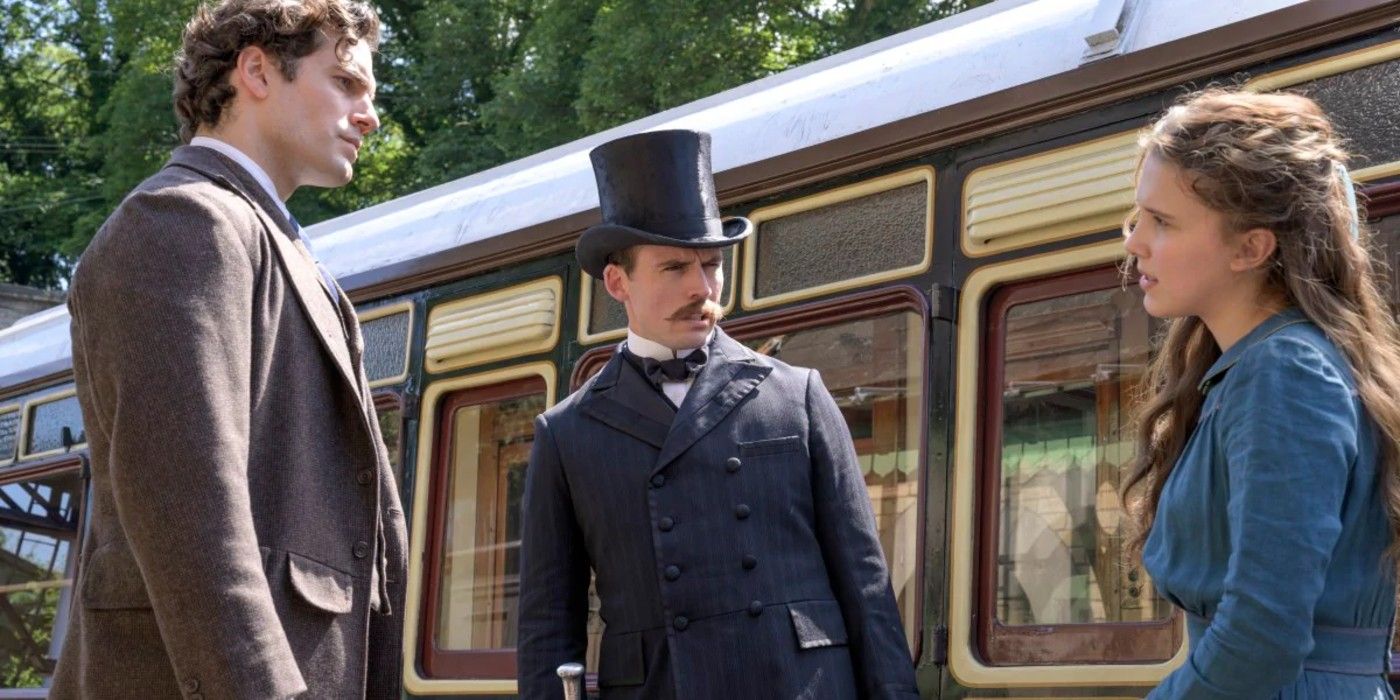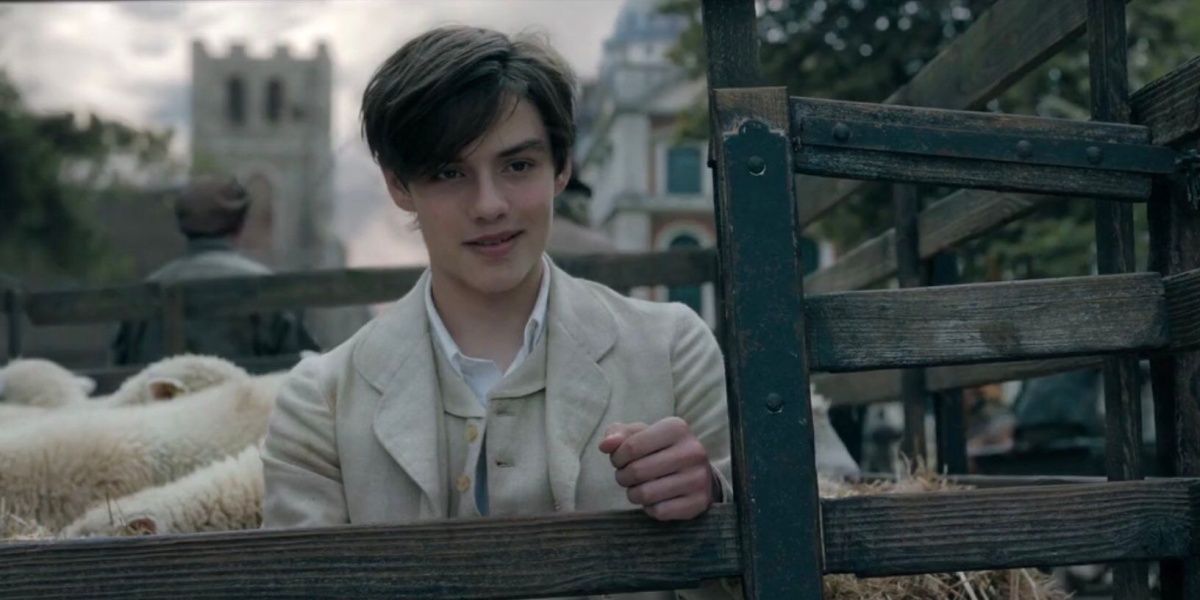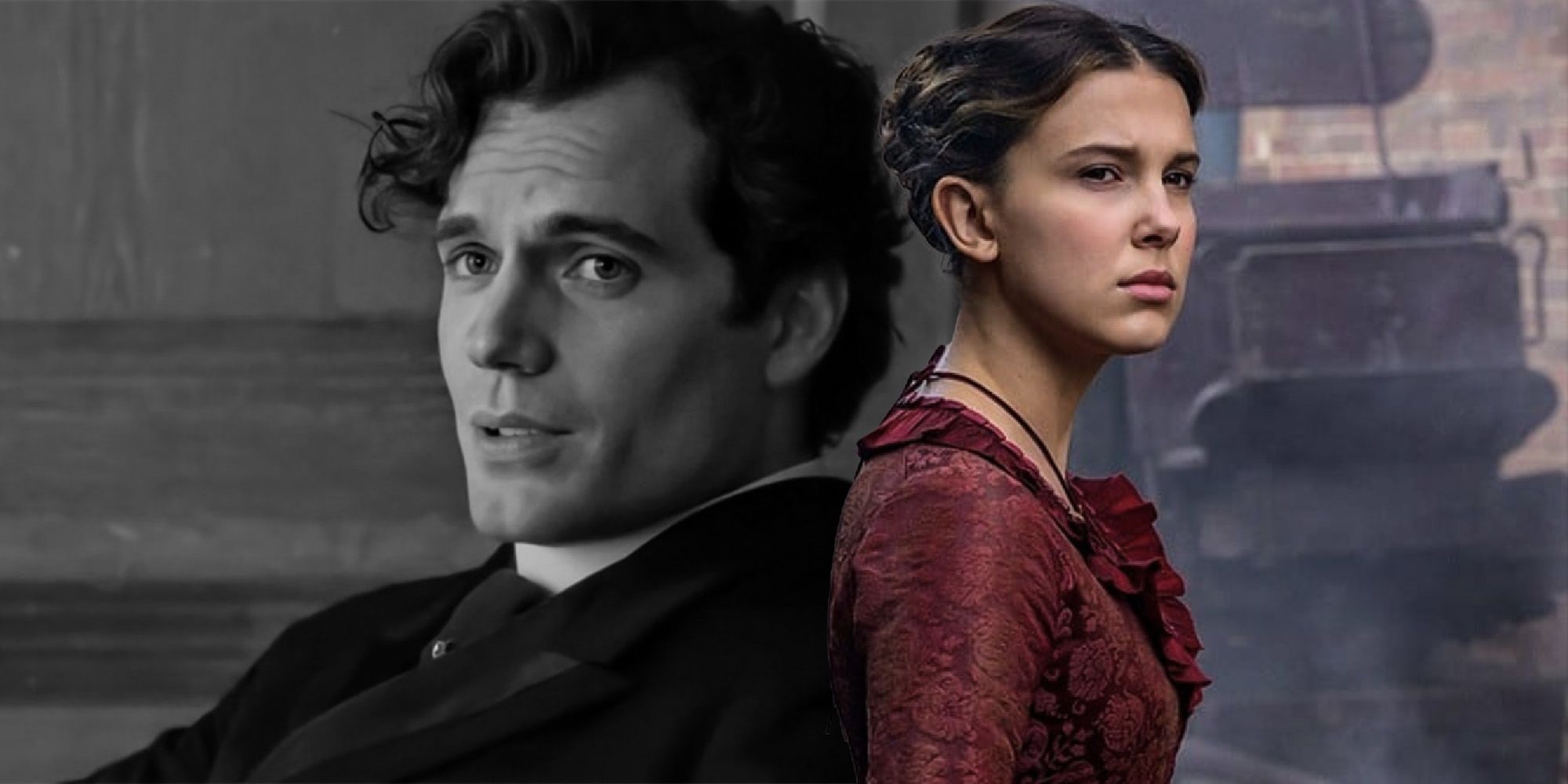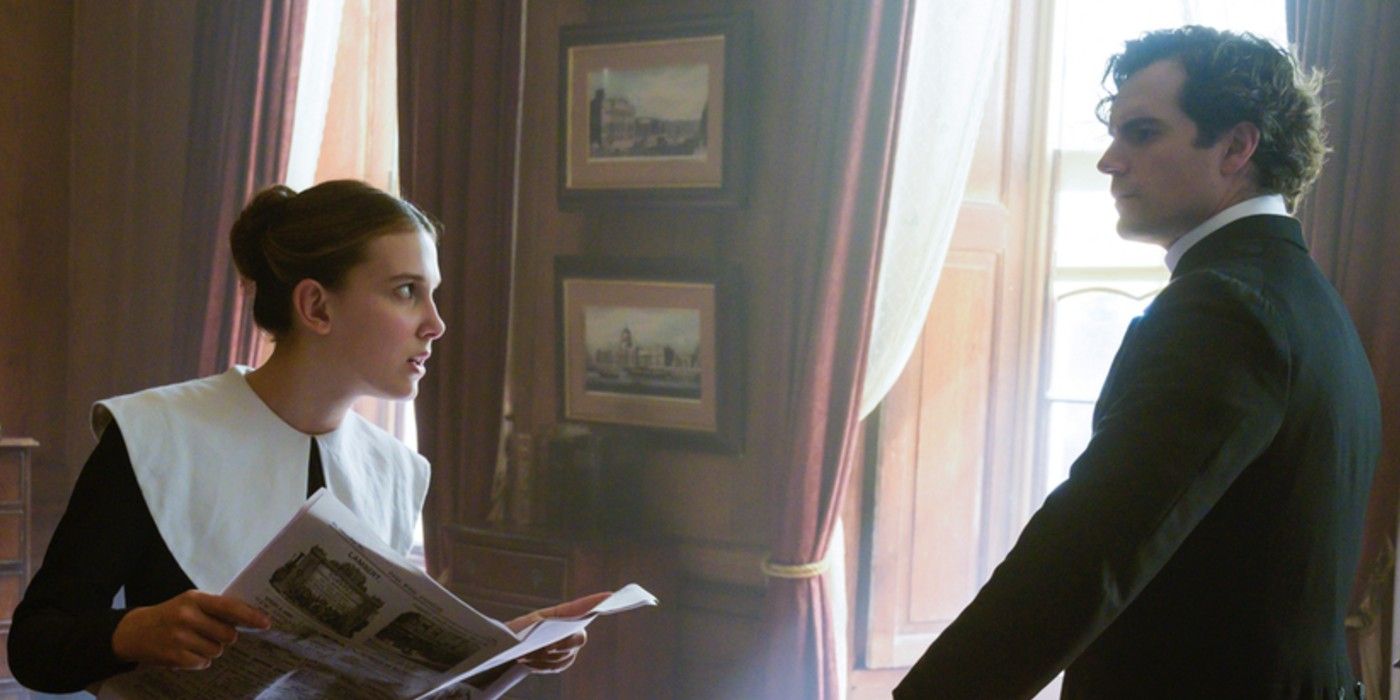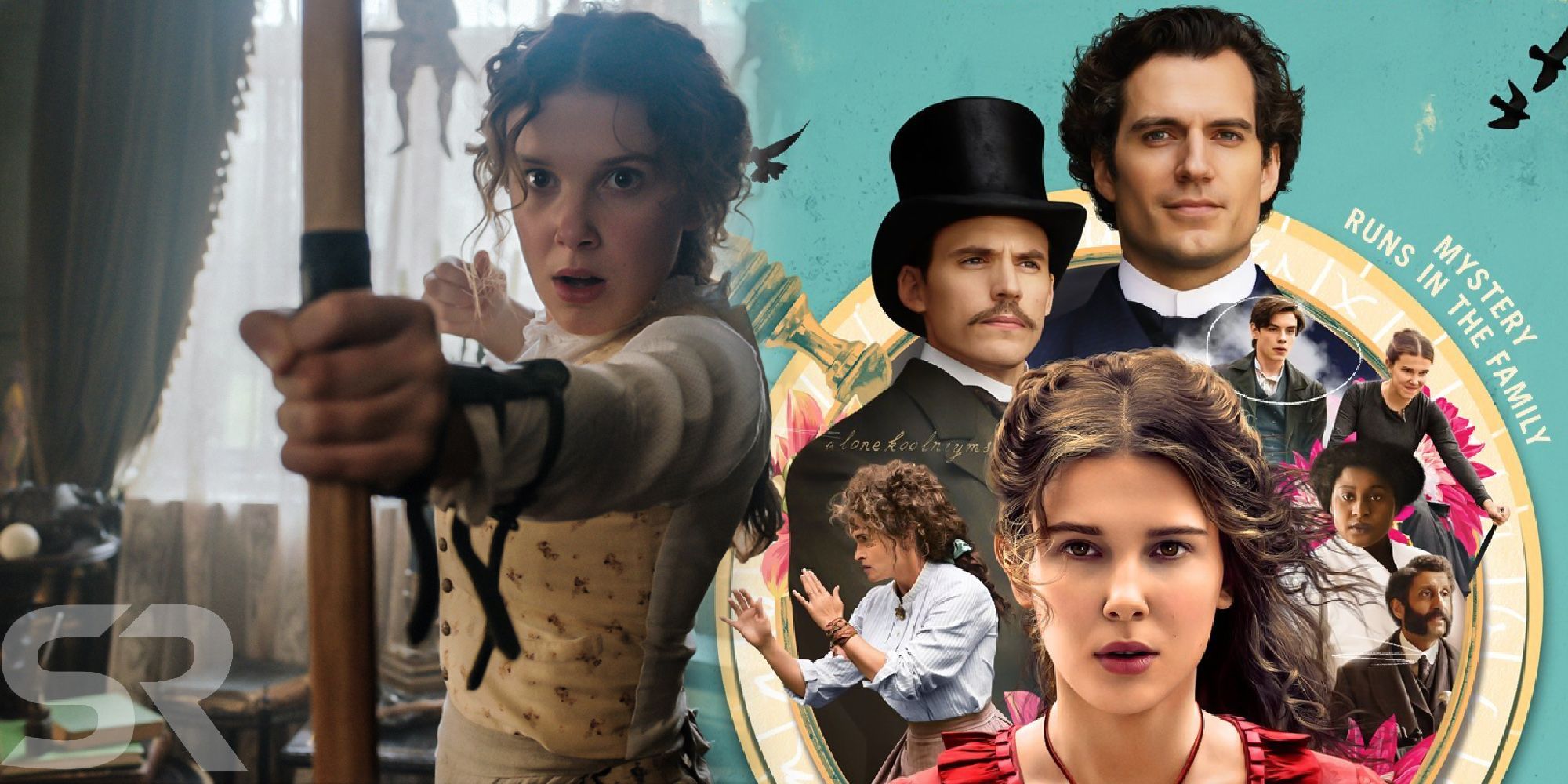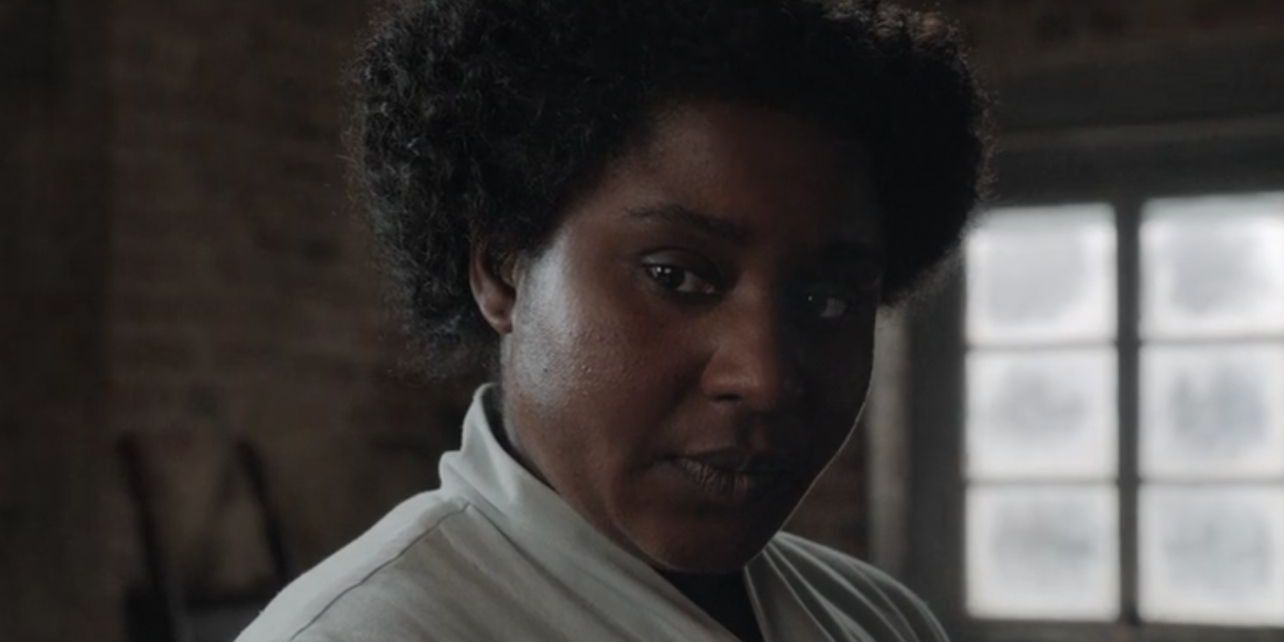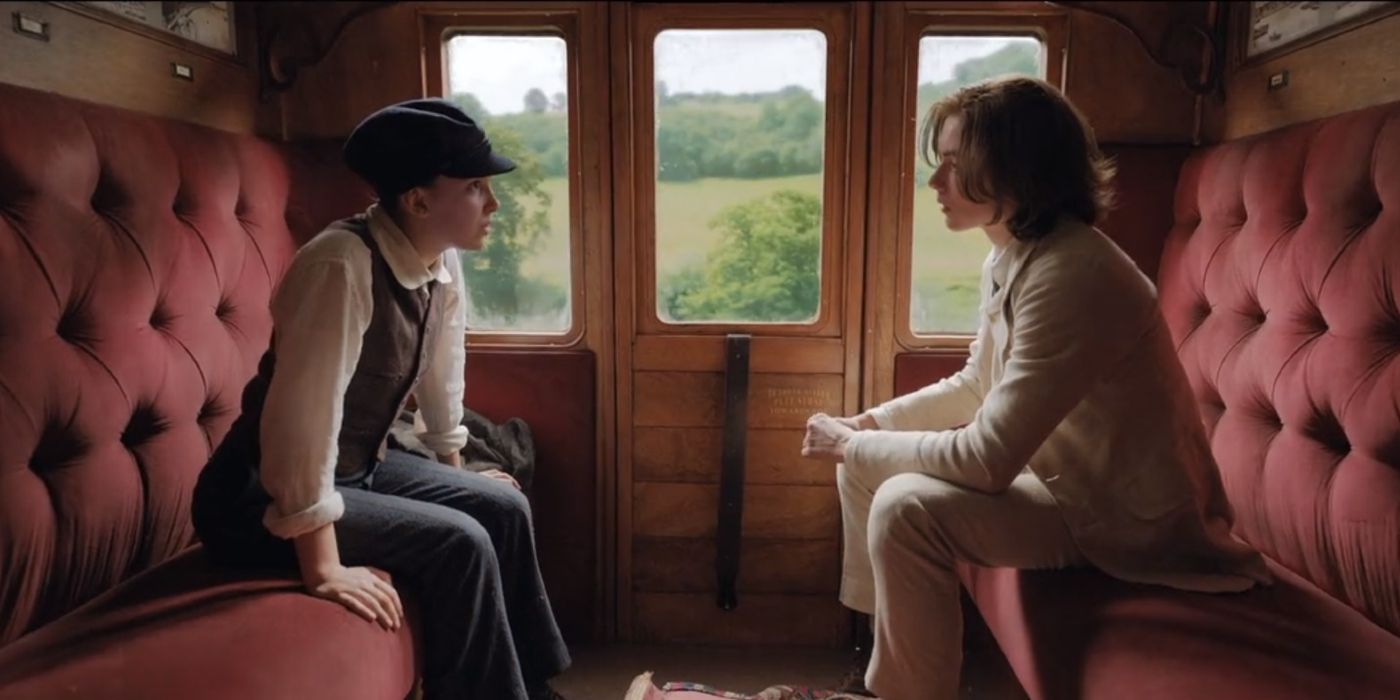The Sherlock Holmes universe is a vast one. Sir Arthur Conan Doyle's classic detective novels have inspired countless interpretations and adaptations in various forms of media, loved by many; but what most of these creations have in common is that they focus around a central male figure--and this is where Enola Holmes comes in, shaking up the beloved canon by putting a young woman in the spotlight.
Enola, played by Millie Bobby Brown--fittingly cast, considering she is already known for playing a similarly tough, independent character as Eleven in Stranger Things--flips the script on Sherlock Holmes narratives, not only turning the focus to a female character but casting light on how the Sherlock Holmes canon, in general, overlooks feminist issues and minority identities. Needless to say, there are many things to love about this new film--but there are also some things that could have been done better.
Love: Empowering For Young Girls
The thing the film does best is offer an inspiring story for young girls of today. Enola is a light-hearted, playful young person who walks to the tune of her own drum and spends the hours of her life indulging in educating herself and taking joy in anything she chooses, never considering that she should behave any differently from a boy. This is a film that contrasts greatly with the abundance of media available to children that massively communicate gender stereotypes.
Don't Love: It's Not For Older Audiences
As great as the film is for a younger audience, it doesn't do much in the way of older viewers. Its progressive themes are certainly pleasing to see but are communicated in such a way that comes across as somewhat obvious and cheesy, appealing more to a younger crowd and seeming mostly sweet to the more mature viewer, who might think to show the film to a younger family member rather than refer it to a friend.
Love: Enola's Mother
Enola's mother is one of the most fun parts of the movie, but she also makes up a small part of it. Played by the ever-dazzling Helena Bonham-Carter, Eudoria Holmes breezes onto the screen in a whirl of playful, powerful suffragette energy that makes any viewer wish they could have such a mother.
Don't Love: Sherlock And Mycroft
If Eudoria encompasses so many of the progressive values that modern society eventually accomplished, Sherlock and Mycroft embody the exact opposite. Eudoria's sons present themselves as ignorant men who, even if brilliant, live their lives in mindless privilege, happy to leave women in their role as second-class citizens.
Love: The Love Story Ending
Elona's love story has a satisfying ending for the modern viewer, who might have been a tad disappointed if she had simply jumped into the arms of her first lover and chosen to move in with him, forsaking her newfound freedom and all the curiosities the world has to offer her. The film resists this easy offer, and instead has Elona, while still accepting love, choose to remain independent in life.
Don't Love: Sherlock And Enola's Relationship
By the end of the film, Sherlock is meant to have made up for his poor treatment of Enola. He does this by gradually admitting that he recognizes Enola's intelligence and skill, and finally choosing to take her on as his ward instead of leaving her with Mycroft.
While this is meant to seem sweet, perhaps, it comes across as a long-overdue fulfillment of things he should have done in the first place as a bare minimum, not as anything worth a pat on the back.
Love: Enola's Rebelliousness
It's a pleasure to watch Enola rebel against all who try to get her to mold herself into a more acceptable version of a young woman. Enola fights her oppressive society at every turn, and it particularly helps that the film doesn't have her enter society until she's older--framing the world as an unfamiliar place that then emphasizes the absurdity of its sexist norms.
Don't Love: Enola's Mother's Storyline
Enola's mother is a highlight of the movie, but once she leaves the screen confusion and some discontent set in.
This woman is meant to be a caring, inspiring mother, and yet she can't find a way to communicate why she needs to leave her daughter--abandoning her to be at the mercy of her sexist brothers. Eudoria's storyline also simply doesn't make much sense and is left very vague--not doing her great character much credit.
Love: Edith's Monologue
One of the best, if not the best, parts of the movie is Edith's (Susan Wokoma) monologue. Sherlock is painfully ignorant of his privilege throughout the film, and watching Edith directly and efficiently explain the details of his unthinking existence in society is a scene that is satisfying for more mature viewers and important for younger viewers to hear, correcting the common assumption associated with Sherlock that living as if above politics is a sign of superior intelligence--rather, it's indicative of ease in life not available to oppressed groups.
Don't Love: There Had To Be A Love Story
As sweet as Enola's love story is, it's a little disappointing that the film felt the need to include a love story as if Enola's story wasn't complete without a love interest in her life--an idea regularly associated with women and constantly perpetuated in popular media. The fact that the love story often feels unnecessary in the midst of the rest of the film, a distraction from the more interesting goings-on of Enola's story, stands out as a credit to the film--a testament to the fact that it didn't need it.

